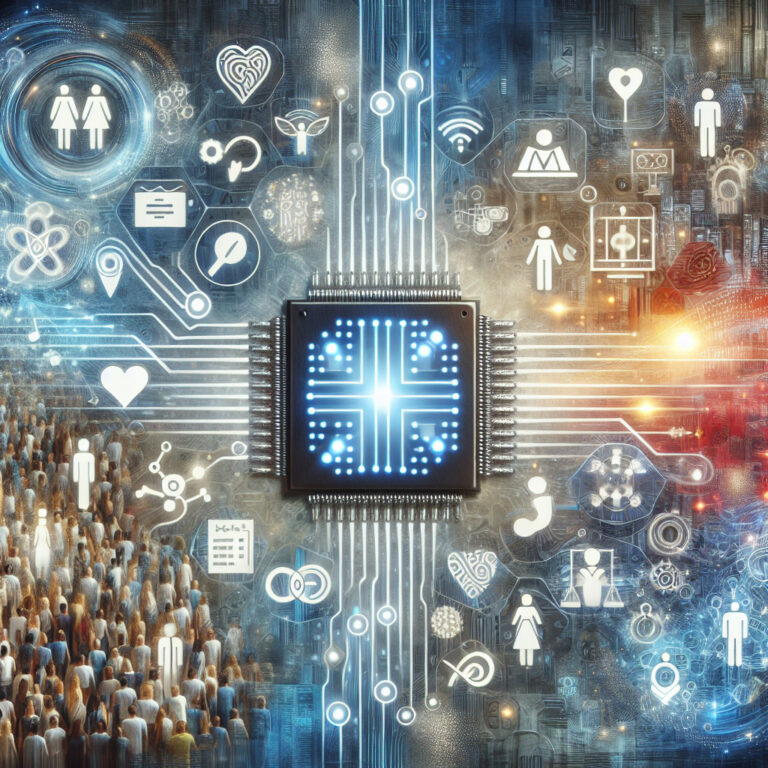Artificial intelligence (AI) has undoubtedly transformed the way we live, work, and interact with the world. From personalized shopping recommendations to advanced medical diagnostics, AI has the potential to revolutionize virtually every aspect of our lives. However, as with any powerful tool, there are also significant risks and pitfalls associated with AI, particularly when it comes to perpetuating and reinforcing harmful stereotypes.
A recent study titled “How AI reduces the world to stereotypes” provides valuable insights into how AI systems can unintentionally perpetuate stereotypes and biases. The study, conducted by researchers at the Massachusetts Institute of Technology, analyzed the language used in AI training datasets, the underlying assumptions made by AI models, and the resulting impact on the real-world decisions and outcomes.
One of the key findings of the study is that AI systems often rely on historical data that reflects and reinforces existing social biases. For example, if past hiring practices were discriminatory towards certain groups, AI algorithms trained on this data will perpetuate these biases by making similar decisions in the future. This can lead to a self-reinforcing cycle of discrimination and inequality, as AI systems continue to replicate and perpetuate the same stereotypes and biases.
The study also highlights the role of language in shaping the way AI systems perceive and categorize the world. Words and phrases that are deeply embedded in our social and cultural contexts can inadvertently reinforce stereotypes and biases when used as training data for AI models. As a result, AI systems may struggle to accurately represent and understand the nuanced complexities of human identity and experience, reducing the world to simplistic and reductive stereotypes.
The implications of these findings are far-reaching, as AI systems increasingly play a role in decision-making processes across various domains, including hiring, lending, and criminal justice. When AI systems rely on biased data and perpetuate stereotypes, the consequences can be detrimental, reinforcing and amplifying existing inequalities and injustices in society.
So, what can be done to mitigate the impact of AI on perpetuating stereotypes and biases? The study suggests that a more deliberate and critical approach to AI design and development is needed. This includes carefully evaluating the training data used to build AI models, identifying and mitigating biases in the algorithms, and designing systems that prioritize fairness, transparency, and accountability.
Additionally, the study emphasizes the importance of diverse and inclusive representation in the development and deployment of AI systems. By including diverse voices and perspectives in the decision-making process, AI technologies can better account for the complexities and nuances of human experience, reducing the risk of perpetuating harmful stereotypes and biases.
In conclusion, while AI holds immense potential to improve and enhance our lives, it also poses significant risks when it comes to perpetuating stereotypes and biases. The study “How AI reduces the world to stereotypes” sheds light on the underlying mechanisms through which AI systems can unintentionally reinforce harmful stereotypes, and underscores the need for a more critical and inclusive approach to AI design and development. By addressing these issues proactively, we can work towards creating AI systems that are more equitable, just, and reflective of the diverse world we live in.

